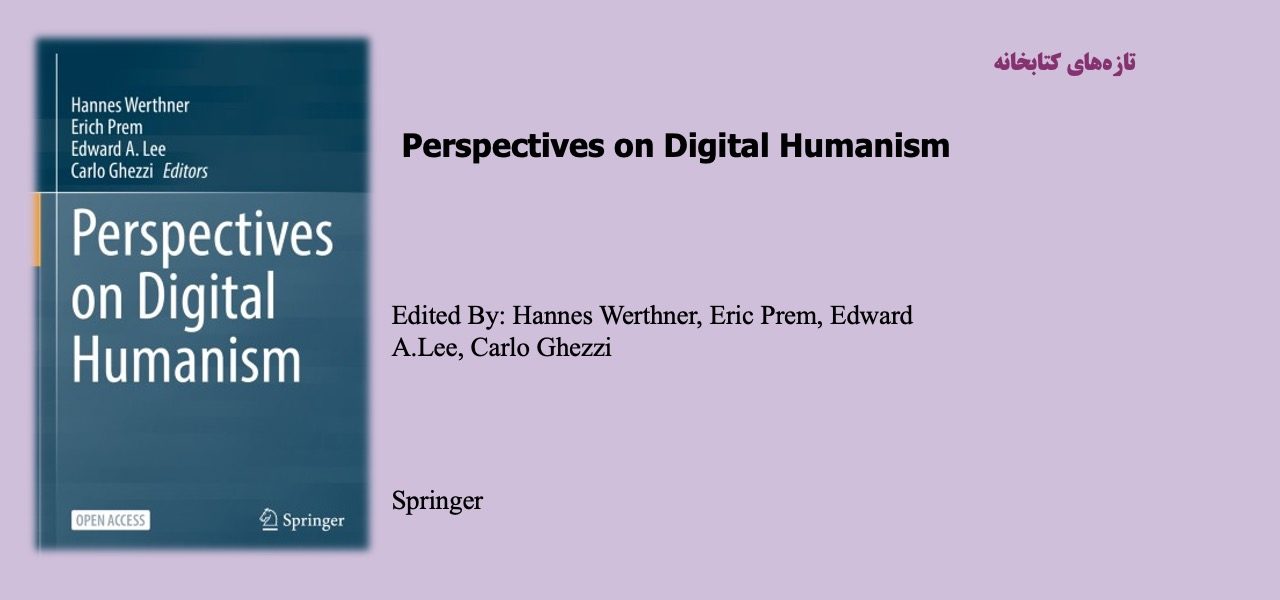Perspectives on Digital Humanism

“This is absolute nonsense.” This was the reaction of the audience, both academics and non-academics, participating at the first international conference on IT and Tourism, in Innsbruck in 1994. Beat Schmid (University of St. Gallen, Switzerland) spoke about electronic markets and Larry Press (UCLA, USA) about digital agents.
Now, only 28 years later, this “nonsense” runs the world, Information Technology and its artefacts act as the operating system of our life, and it is hard to distinguish between the real and the virtual. We cannot imagine a world without it, and – besides running the world – it contributes and will continue to contribute to solving important problems. However, this comes also with interconnected shortcomings, and in some cases, it even puts into question the sovereignty of states. Other critical problems are echo chambers and fake news, the questioned role of humans in AI and decision making, the increasingly pressing privacy concerns, and the future of work.
This “double face” is why we started the Digital Humanism initiative, with a first workshop in April 2019 in Vienna. Over 100 attendees from academia, government, industry, and civil society participated in this lively two-day workshop. We talked about technical, political, economic, societal, and legal issues, benefiting from contributions from different disciplines such as political science, law, sociology, history, anthropology, philosophy, economics and informatics. At the center of the discussion was the relationship between computer science / informatics and society, or, as expressed during the workshop, the co-evolution of information technology and humankind. The major outcome was the Vienna Manifesto on Digital Humanism, now available in seven languages, which lays down the core principles of our initiative.
مطالب مرتبط

پردازش سیگنال گسسته در زمان
۱ / شهریور / ۱۴۰۳

پردازش تصویر دیجیتال با زبانMATLAB
۱ / شهریور / ۱۴۰۳

پردازش تصویر رقمی
۱ / شهریور / ۱۴۰۳

